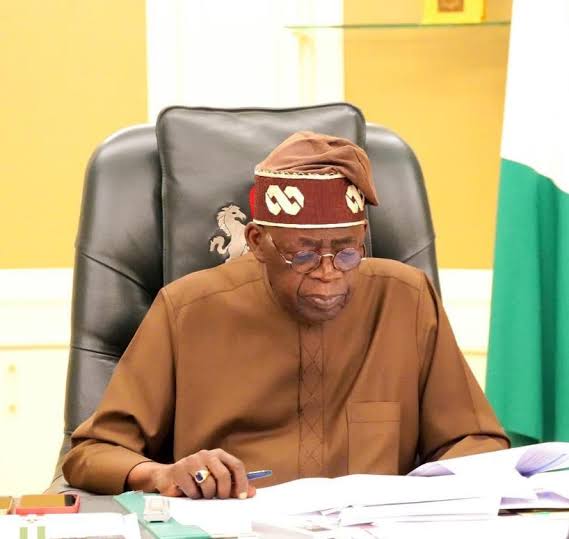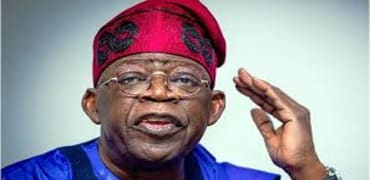Women in Procurement Demand Action: Tinubu Urged to Tackle Public Procurement Corruption
Women in Procurement Demand Action: Tinubu Urged to Tackle Public Procurement Corruption
By Achimi Muktar
The Association of Nigerian Women in Procurement (ANWIP), a division of the Chartered Institute of Purchasing and Supply Chain Management of Nigeria (CIPSMN), has issued a strong appeal to President Bola Tinubu to take decisive action against corruption in public procurement. The group emphasized the urgent need for full implementation of the Public Procurement Act 2007, including the inauguration of the National Council of Public Procurement (NCPP), as outlined in Section 1 of the Act.
National Coordinator of ANWIP, Mrs. Patricia Uka, described the current procurement process as a breeding ground for corruption, warning that without intervention, it could derail the president’s economic reform agenda.
“Procurement is at the heart of every government activity,” Uka stated during a visit to CIPSMN’s headquarters in Onipan, Lagos. “Yet, the Public Procurement Act passed in 2007 remains incomplete without the operationalisation of the National Council of Public Procurement. This oversight undermines transparency, accountability, and professionalism in the sector.”
The Cost of Neglecting Procurement Reforms
Mrs. Uka painted a dire picture of Nigeria’s procurement landscape, where unchecked practices have led to inefficiencies and mismanagement of public funds. She criticized the direct awarding of contracts by government agencies and the National Assembly, calling it a blatant usurpation of the Council’s intended role.
“This is a deliberate attempt to sideline certified procurement professionals, leading to poor project execution and loss of public trust,” Uka warned.
She praised the growing involvement of women in procurement and their pursuit of certification through CIPSMN, urging more women to join the profession to strengthen accountability and expertise.
The Role of Certified Professionals
Alhaji Mohammed Aliyu, Registrar and CEO of CIPSMN, echoed Uka’s sentiments, stressing that procurement should be handled exclusively by certified professionals, just like other regulated fields such as accounting and law.
“The procurement process involves multiple stages—tendering, bidding, contract awards, and management. It demands expertise to ensure high-quality, timely services for citizens,” Aliyu explained. “Non-professionals dominating this field has led to widespread malpractice and doubts about the integrity of many contracts.”
He emphasized that a sound procurement system reflects good governance, while a weak system signals inefficiency and corruption.
A Blueprint for Reform
The proposed National Council of Public Procurement is designed to serve as a regulatory and supervisory body, ensuring accountability in government spending. The Council would include key stakeholders such as the Minister of Finance (as Chairman), the Attorney-General, the Secretary to the Government of the Federation, and representatives from professional bodies like the Nigerian Bar Association (NBA) and civil society organizations.
Aliyu noted that the Council’s establishment would provide a robust framework to curb corruption and enhance transparency in public procurement.
Call to Action
Both Uka and Aliyu urged President Tinubu to prioritize the inauguration of the NCPP as part of his governance reforms. They stressed that empowering procurement professionals and enforcing the Public Procurement Act are critical to achieving the president’s vision for economic growth and efficient governance.
“The time has come for certified procurement professionals to take their rightful place in public administration,” Aliyu concluded. “This is not just about enforcing laws—it’s about restoring trust, ensuring quality, and safeguarding public resources.”
As Nigeria grapples with the challenges of economic reform and fiscal responsibility, the call for a well-regulated procurement system has never been louder. The ball is now in President Tinubu’s court to deliver on this critical aspect of governance.


















